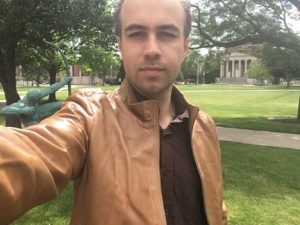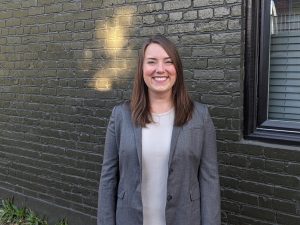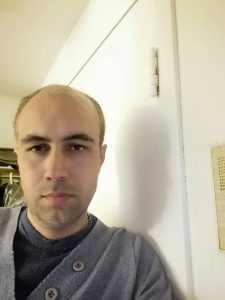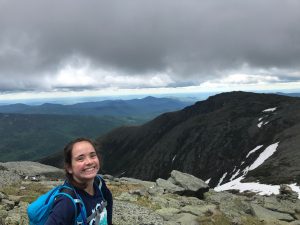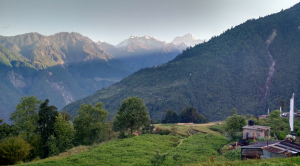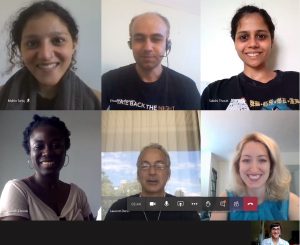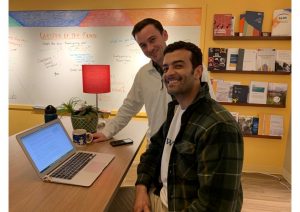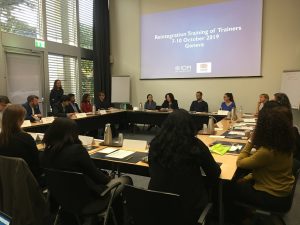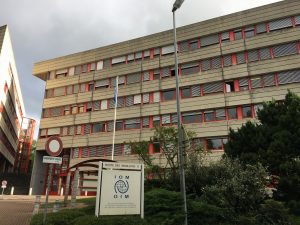I was an intern for UNICEF for the spring semester in 2021. I worked in the C4D team, which stands for Communication for Development. More specifically, I was a member of a small team working on a USAID grant specifically for the incorporation of Social Sciences into Community Engagement (SS4CE). The central focus was the incorporation of community engagement principles into UNICEF protocols for interaction with target communities. That meant working with local actors, listening to community concerns, focusing on minority or underrepresented voices in the community, providing expertise and direction but also listening to ensure that community concerns are address rather than ignored.

My work was interesting and rewarding. I helped review results from a survey about the use of social science in community engagement which had been filled out by responders from academia, government positions, NGO’s, Civil Society’s, and UN organization. I created graphs and charts to help visualize quantitative answers and provided analysis of qualitative responses.
Ultimately, my main project with C4D was to help create a strategy for knowledge management (KM) for the department. The UN has recently released a global strategy for KM covering from now to 2025. My work was to create a plan to begin the process of bringing C4D into compliance with the global KM goals. I built a base of KM resources and worked to develop the strategy and begin implementation.

